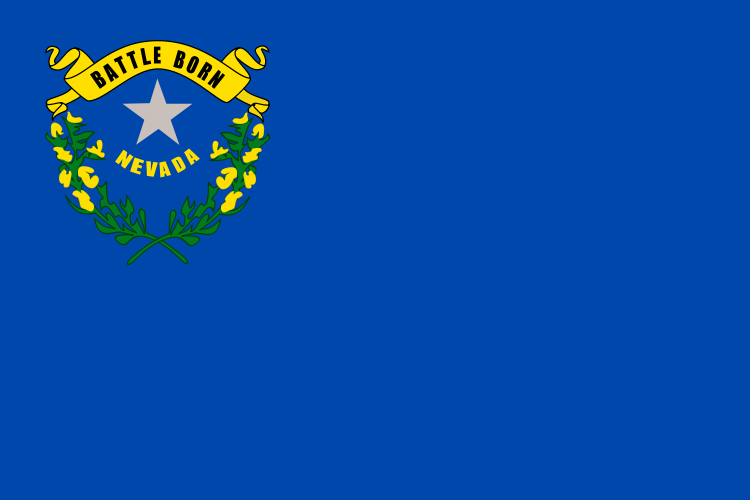Fair Maps Nevada, the campaign behind the Nevada Independent Redistricting Commission Initiative, did not submit signatures by the August 3 deadline. Originally the deadline was June 24, but it was extended by a court ruling. On July 24, 2020, Doug Goodman, founder and executive director of Nevadans for Election Reform; Sondra Cosgrove, chair of Fair Maps Nevada; and Vivian Leal, a member of Indivisible Northern Nevada Fair Democracy Team, wrote that “Fair Maps Nevada will not be able to collect the necessary signatures by the court-set, and county election official agreed to deadline of August 3.” The campaign said that it would attempt to put the initiated constitutional amendment on the 2022 ballot.
The ballot measure would have transferred the power to draw the state’s congressional and legislative districts from the state legislature to a seven-member independent redistricting commission.
The signature deadline was extended from June 24 to August 3 after Fair Maps Nevada filed a lawsuit against the state on May 7 seeking permission to use electronic signatures and asking for a six-week extension of the signature deadline. In their lawsuit, petitioners argued that the state’s actions to slow the spread of the coronavirus made it “extremely difficult to collect signatures to qualify the initiative for the ballot in a traditional in-person manner.”
On May 29, 2020, U.S. District Court Judge Miranda Du ruled partially in favor of the petitioners granting them more time to gather signatures. In her decision, she argued that Governor Steve Sisolak’s (D) stay-at-home order made it impossible for the campaign to gather signatures and that not changing the statutory deadline was “unreasonable and unfair.” Judge Du did not grant the petitioners’ request to use electronic signatures citing concerns of fraud and legal precedent on courts changing election rules. In her ruling, the new deadline was August 5, but the campaign and state officials later agreed to move it to August 3.
The ruling only applied to the petitioners in this case and did not extend to the Fountainhead Society, the campaign behind the Single Transferable Vote and Multimember Senate Districts Initiative. Benjamin Pennington, the founder of the Fountainhead Society, said that the campaign would submit an “improved initiative” for the 2022 cycle.
In Nevada, the number of signatures required to qualify an initiated constitutional amendment for the ballot is equal to 10% of the total votes cast in the most recent general election. Moreover, signature gathering must be distributed equally among each of the state’s four congressional districts. Initiated constitutional amendments that qualify for the ballot must be approved at two consecutive general elections.
• The Renewable Energy Standards Initiative: Requires utilities to acquire 50% of their electricity from renewable resources by 2030
Between 1995 and 2018, the Nevada State Legislature referred 31 constitutional amendments to the ballot, while voters decided 26 citizen-initiated constitutional amendments. The legislature’s proposed amendments were approved at a lower rate (48.39%) than citizen-initiated amendments (73.08%).


